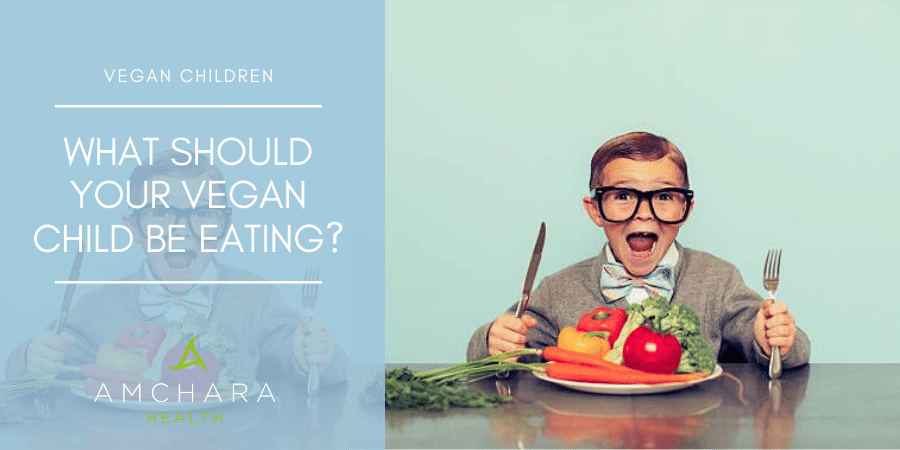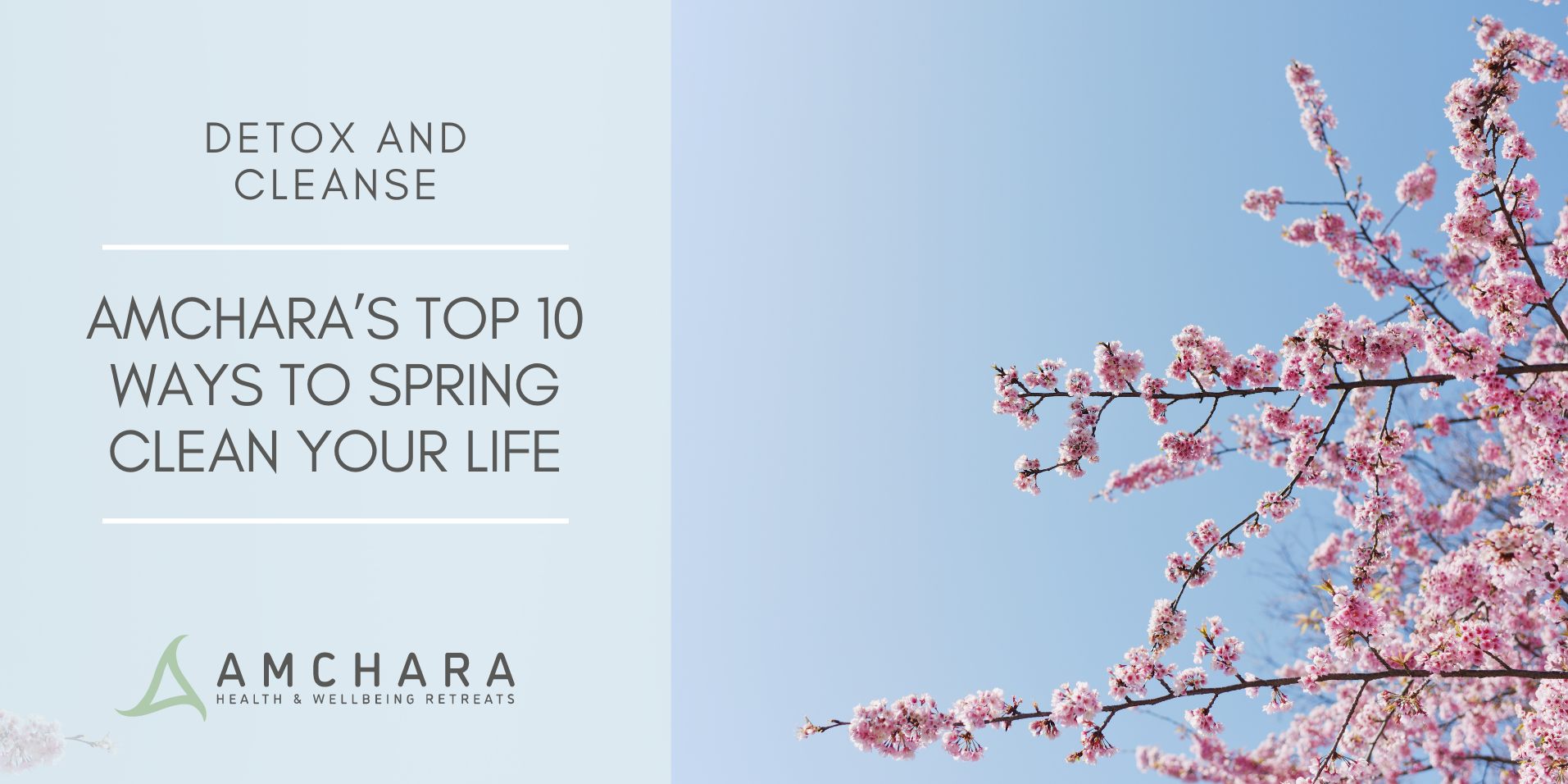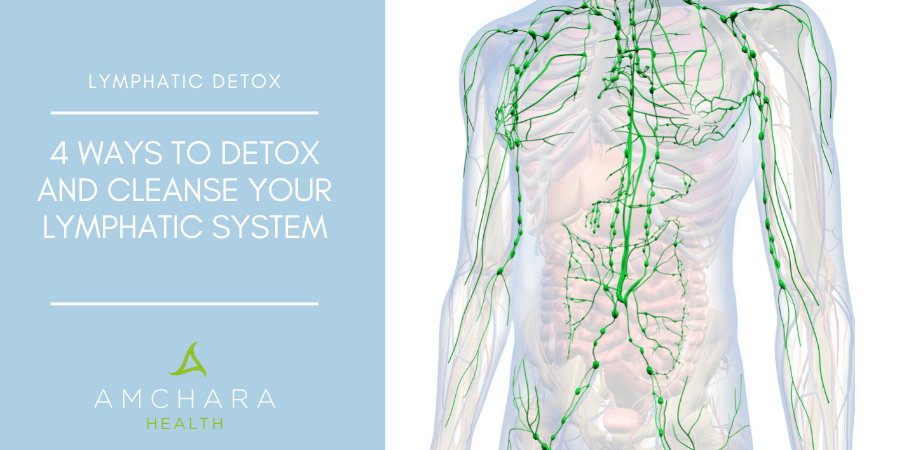Many parents of vegan children can worry about whether their child is getting enough nutrition naturally from their diet. It is important to ensure that they get enough of the essential nutrients to support their growth needs. Depending on the age of your child, their amount of nutrients they need will vary.
Children between the ages of four and eight years should be taking in around 1,200 calories daily including around 85g protein, 5 servings of fruit and vegetables, 110g grains and around 240ml milk or the equivalent in dairy according to the Mayo Clinic.
Dairy is not essential for a balanced diet for children. Dairy can be swapped by consuming additional vegetables and fruits and introducing milk alternatives to the diet, such as almond or hemp milk. Soy milk is not recommended due to the GMO content often associated with this product.
Vegan children would not be eating dairy anyway, but what should a healthy vegan child be consuming?
We always take an evidence-based approach to help you on your journey to optimal health and in this article we outline some great eating habits that vegan children should be encouraged to adopt and even vegan adults can try them too.
Vegetables in every meal
To eat enough vegetables to fulfil the body’s need for nutrients, your child ideally needs to eat vegetables with every meal, even with breakfast you can sneak some ground up spinach into their cereal or give them raw fruit and vegetable smoothies.
Offering snacks like carrots and celery sticks with hummus can give an added dose of veggies. Whenever they eat, make sure you include vegetables.
Snacking on fruit
If your child is hungry between meals, offer raw fruit to provide them with plenty of nutrients and quash cravings for sweet stuff, as well as generally ward off hunger until the next meal. The brain of your child develops very quickly, and it is important for their overall health and development to consume adequate nutrients – offering healthy snacks between meals is helpful.
To keep them interested, bring new fruits into the house for them to try and have taster sessions – try papaya, kiwi, pomegranate and other exotic fruits.
Dried fruits make handy snacks when you’re out and about but remember they are high in sugar.
Give protein and complex carbs together
One of the best combinations of complex carbs and protein for vegan kids is rice and beans.
By giving your children meals high in protein and complex carbohydrates, you’ll be ensuring that they feel full whilst delivering a high dose of essential nutrients.
Using nut cheeses is another great source of protein for vegan children.
Remember they will consume more nutrition from raw and uncooked vegetables and fruit than they will from cooked food (food cooked above 45-49 degrees centigrade is depleted of many nutrients).
If you are at all concerned, you can take your child for a health check to check their nutrient levels.
Here is what the NHS has to say about kids and veganism:
Introducing your baby to solid foods from around 6 months is the same for vegetarian and vegan babies as it is for other babies. Offering your baby a variety of foods will help make sure they consume all the nutrients they need to grow and develop healthily, including:
-
Iron
-
Protein
-
Calcium
-
Vitamin B12
-
Omega-3
-
Iodine
-
Vitamins
(source)
Vegan baby recipes
Feeding a vegan baby can be difficult, especially when we have been told for years that babies need lots of dairy and cow’s milk.
There are lots of great baby vegan food recipes that you can keep to hand to keep your little one full up with nutritious plant based foods.
Try to choose organic produce where possible.
Baby bean stew
Ingredients:
-
Vegetable oil
-
1 finely chopped small onion
-
75g dried peas and beans, soaked for 8-10 hours
-
1 tbsp dried lentils
-
1 finely diced carrot
-
1 diced small parsnip
-
1 tsp tomato puree
-
1/2 tsp dried mixed herbs or handful of fresh herbs
-
500ml vegetable stock
-
15g plain flour
Lightly fry the onion in vegetable oil and add in the remaining ingredients except the flour.
Bring the pan of ingredients to the boil then gently simmer for around one hour.
Add 1 tbsp cold water to the flour and mix to a paste until there are no lumps.
Add this to the stew and cook for a few minutes longer until it thickens.
If your baby is 10 months or over, serve as is, or puree the mix for younger babies.
Lovely lentil soup
-
50g dried red lentils
-
1 diced carrot
-
1 finely chopped onion
-
280ml almond milk
-
280ml vegetable stock
-
1/2 tsp mixed herbs
This one is so simple, just place all ingredients in a medium sized pan and simmer for 45 minutes until the lentils are soft.
Allow to cool a little, then blend to the right consistency for your baby’s age
So simple fruit puree
This is a great one for baby’s first vegan food.
Choose which fruit you want to use, and peel and chop two pieces of fruit into small pieces.
In a pan, bring 200ml water to the boil then throw in your fruit and simmer on a medium heat for around 5-10 minutes depending on the type of fruit (harder fruits need longer).
Once the fruit has become very, very soft, blend it and allow to cool before serving.
Raw fruit and vegetables
Don’t forget to feed your baby plenty of raw fruit and vegetable, cut into bite sized pieces, they love exploring with their hands so let them get messy, let them develop a great relationship with their food and you’ll never struggle to feed them!
FAQ about veganism + children
-
Is a vegan diet healthy for kids?| BBC Good Food
-
What are the benefits of plant based diets | Cleveland Clinic
-
How I answer 6 common questions as the parent of a vegan toddler | Forks over Knives
Related vegan stories you may want to read:
- A vegan diet – is it healthier?
Vegan Recipes:





